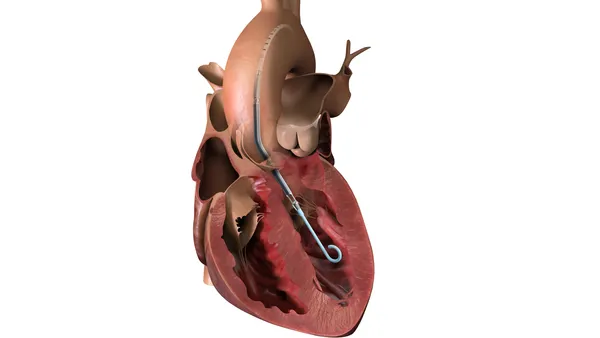Dive Brief:
-
The FDA has initiated a pilot program to evaluate proposed changes to the eligibility criteria for its Special 510(k) Program in a bid to shorten review times for certain applications.
-
All Special 510(k) filings sent to the FDA from now on will be evaluated under revised criteria intended to expand use of the regulatory pathway.
-
The FDA wants to increase use of the truncated regulatory clearance pathway to make 510(k) reviews more efficient.
Dive Insight:
The agency is moving quickly to find out if its proposed changes to the Special 510(k) Program work as hoped. Having introduced draft guidance outlining the changes last week, the FDA began October by unveiling a pilot project that will assess the new system in the real world.
As of Oct. 1, medical device manufacturers can file to make certain design and labeling changes under the Special 510(k) Program, potentially cutting the time it takes them to receive regulatory clearances. The experiences of companies that participate in the pilot program, plus feedback from the FDA staff that review the submissions, will support the finalization of the revised 510(k) pathway.
The FDA's push to quickly stress test and implement the modified Special 510(k) Program forms part of a broader effort to make the U.S. a more attractive market for medical device manufacturers.
In a report outlining their strategic priorities in January, leaders at the FDA’s Center for Devices and Radiological Health said they had "not consistently operated our regulatory program as efficiently as we should." Speaking a few months later, CDRH's Jeff Shuren highlighted increased use of the Special 510(k) Program as one way the agency will try to improve on its past performance.
Shuren thinks greater use of the program will help the FDA meet the 510(k) processing targets it committed to in its MDUFA IV agreement with the device industry. That deal tasks the FDA with reducing the time it takes to reach decisions on 510(k) filings by 23% between 2016 and 2022. From 2014 to 2016, processing times increased by 9%.
The FDA is holding a webinar to present the pilot program and answer questions on Nov. 8.











